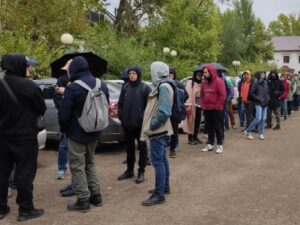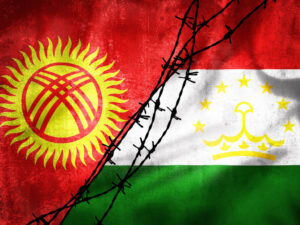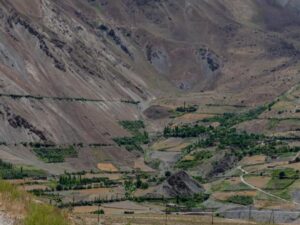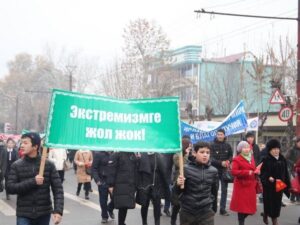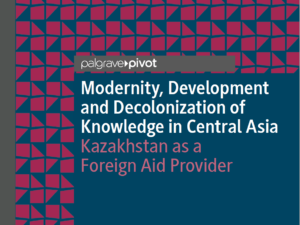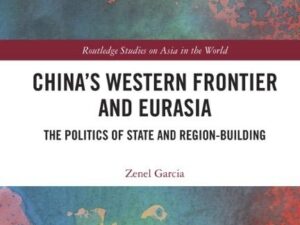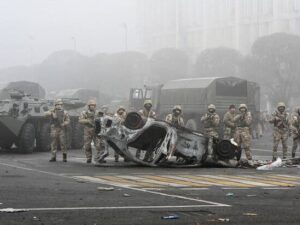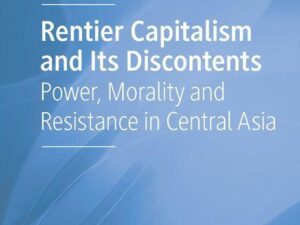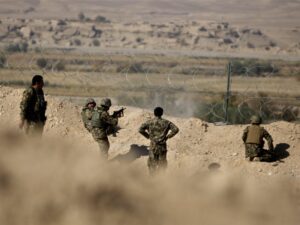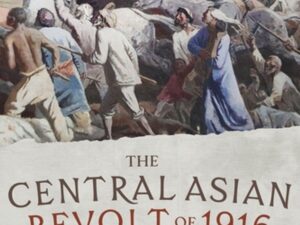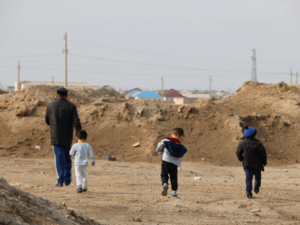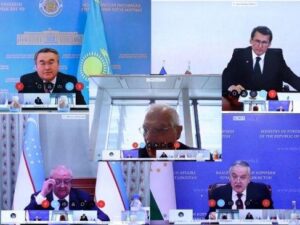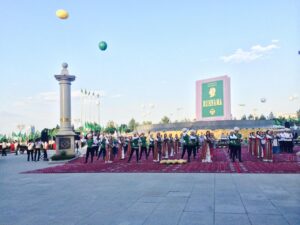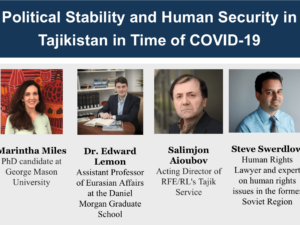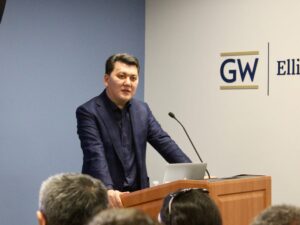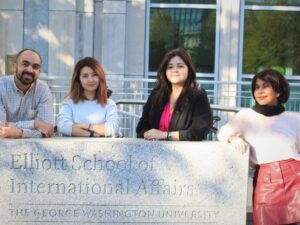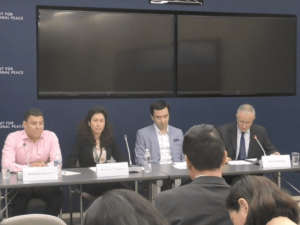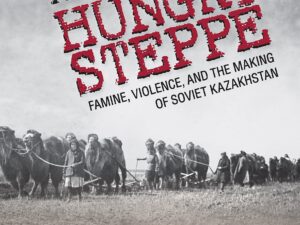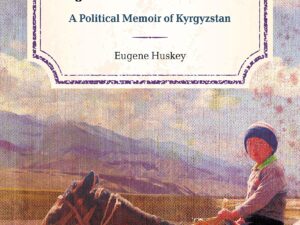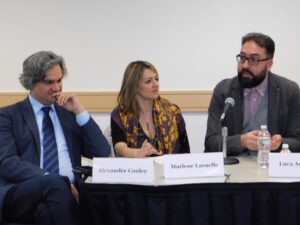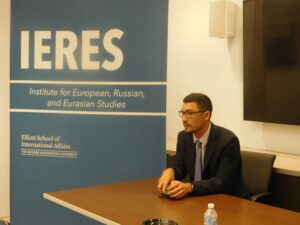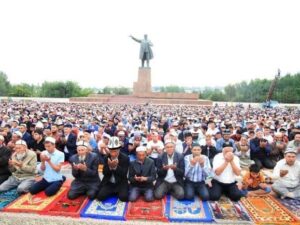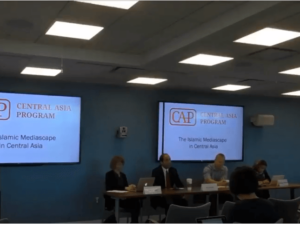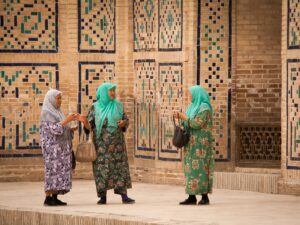
- This event has passed.
Informal Justice in Kyrgyzstan and Tajikistan
25 May, 2012 @ 9:30 AM - 11:00 AM

with Azita Ranjbar and Dr. Eric McGlinchey
What role does informal justice play in resolving conflict in Kyrgyzstan and Tajikistan? Is there an inverse relationship between the use of informal justice mechanisms and properly functioning state institutions? In Kyrgyzstan, aksakal courts (courts of elders) are village-level institutions responsible for resolving community-level disputes, although they are increasingly described as largely obsolete and only used in villages to resolve small disputes. Their authority to resolve cases is gradually diminishing;most aksakal courts surveyed received less than ten cases last year. In Tajikistan, informal leaders,usually imams, often play a contradictory role: they often act as arbitrators and mitigate conflict within their communities and yet they oversee practices that can violate individual rights and contravene Tajik law, such as officiating marriages and divorces outside of state institutions. In recent years, the authority of informal leaders has increased because of the government’s inability to provide much needed social services, including fair and equal access to justice.
Azita Ranjbar spent a year in Tajikistan as a Fulbright Fellow and two months in Kyrgyzstan interviewing ordinary citizens on the role that informal justice plays in daily life. As an InternationalResearch and Exchanges Board research fellow, she carried out research on legal and economic challenges facing the families of migrant workers in Tajikistan. She worked as a Senior ProgramSpecialist at the U.S. Institute of Peace, on rule of law initiatives and peace building programs inAfghanistan and Pakistan. She previously conducted research in Afghanistan as a research assistant withDartmouth College and the Afghan Women Judges Association in Kabul.
Eric McGlinchey is an associate professor of government and politics at George Mason University and an associate in the Central Asia Program at The George Washington University. He received hisPh.D. from Princeton University in 2003. He is the author of Chaos, Violence, Dynasty Politics andIslam in Central Asia.







